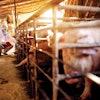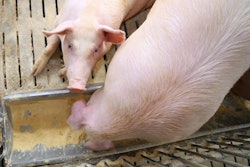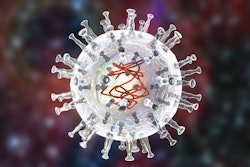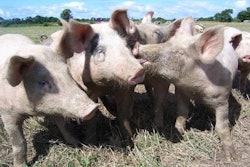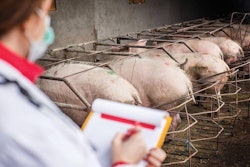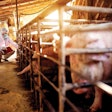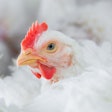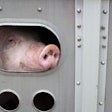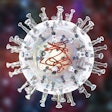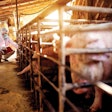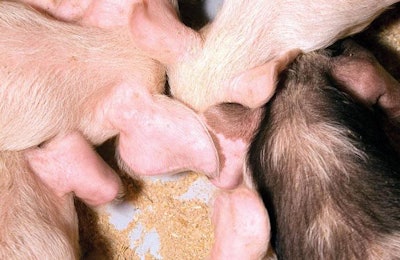
Move will allow company to expand export opportunities in China, where use of the drug is banned
JBS USA will stop using the growth drug ractopamine in its pig diets to expand export opportunities to China.
The feed additive is banned in China, and JBS’ move will allow the company to export more pork to China, which is seeing dwindling supply as African swine fever (ASF) depletes the country’s pig herd.
“JBS USA pork has made the decision to eliminate ractopamine from its supply chain to maximize export opportunities,” a company spokesman said in an email. “The company previously removed ractopamine from its internal live pork production systems in August 2018” and will now prohibit its use in hogs produced by other farmers that sell to JBS.
“U.S. pork producers are among the most productive and efficient in the world,” JBS said. “We are confident this decision will provide long-term benefits to our producer partners and our industry by ensuring U.S. pork products are able to compete fairly in the international marketplace.”
Drug approved in US, but not China or EU
Ractopamine is approved for use in swine and beef in the U.S. but its use is banned in China and the EU. The drug increases animals’ weight gain and feed efficiency, and they end up using 10-20% less feed or water to reach final weight gain, according to Maria Zieba, director of international affairs for the National Pork Producers Council (NPPC).
U.S. pork producer Smithfield Foods, which is owned by China-based WH Group, does not use ractopamine in pigs raised on its company-owned and contract farms, and Tyson Foods Inc. has said it is considering producing ractopamine-free pigs to diversify its offerings.
Some reports have said companies will pay growers a premium for producing ractopamine-free pigs, but that could not be confirmed. Zieba said producers don’t readily share that information as it is seen as proprietary.
“It really is up to a producer to determine whether it makes economic sense for them to use ractopamine in feed,” Maria Zieba, director of international affairs for the National Pork Producers Council (NPPC) told Feed Strategy in July. “I’m not really sure if some are getting paid more or less to produce in a certain way, but that’s part of what NPPC has been advocating is that it’s ultimately up to the producer to determine if it makes economic sense for them to use this drug or not to use it.”
She said U.S. producers must comply with regulations and labeling when using the drug.
“We go by the international standards, and the Food and Drug Administration has said that … it doesn’t have any adverse effect on humans,” Zieba said. “It’s just that, a lot of times, when you’re using these new technologies, there are certain countries that perhaps don’t want to use new technologies … but in the United States and 26 countries, it is approved for use.”
